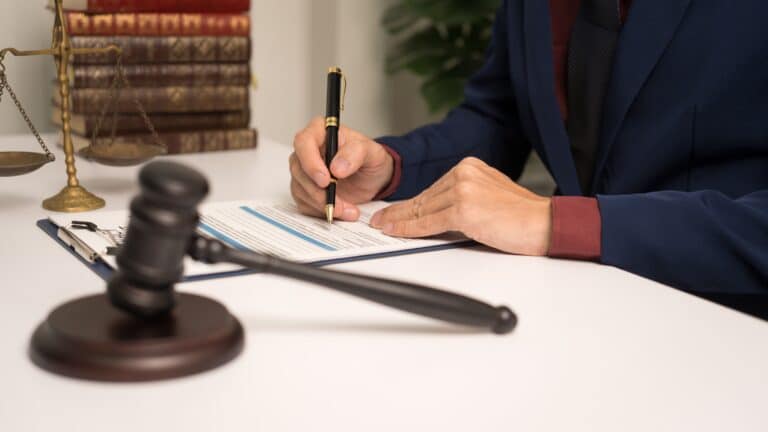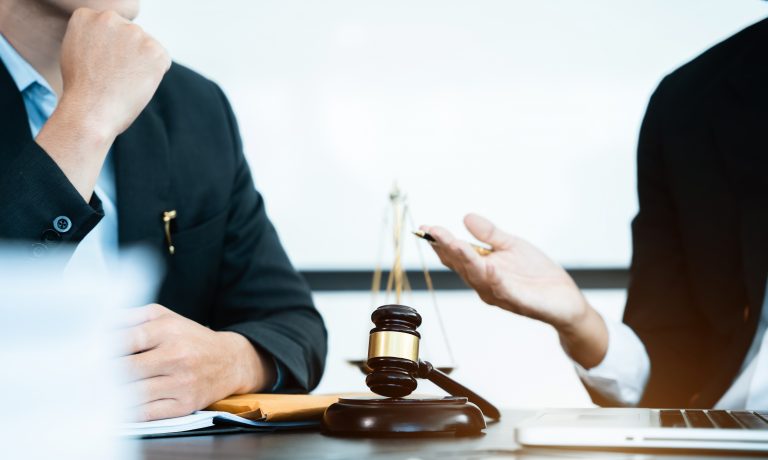
Attorneys & Private Investigators: A Case Study – Guest Post
Car accidents can have significant legal implications, particularly when the facts are unclear or misrepresented. This case study examines the important role private investigators play in collaborating with attorneys to gather and present evidence that can make a critical difference in complex legal cases. Here, we explore how private investigators





Recent Comments